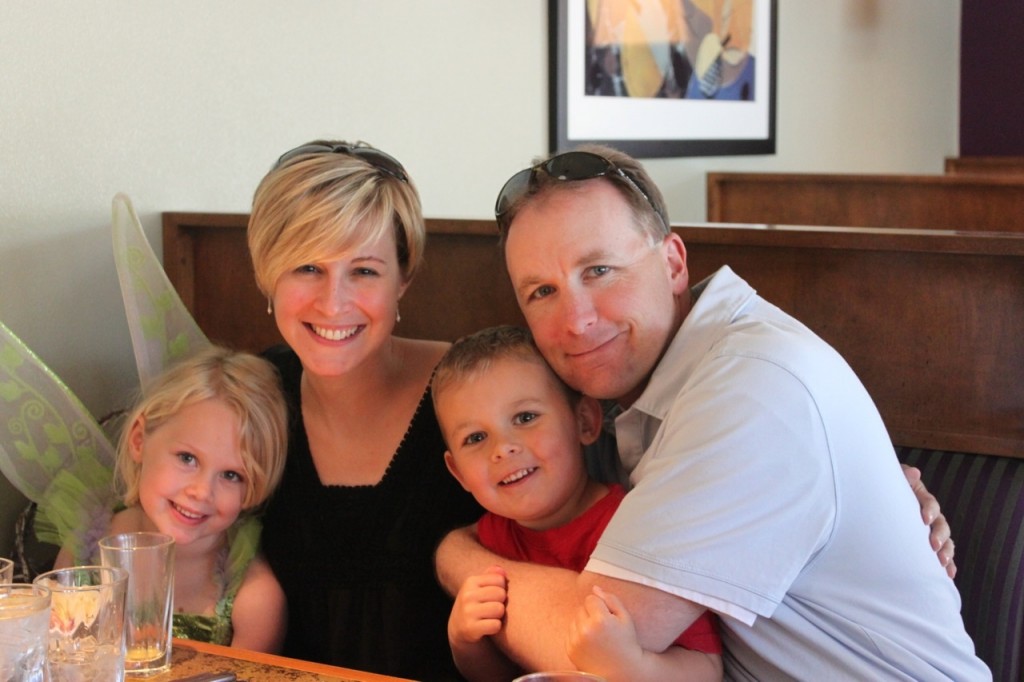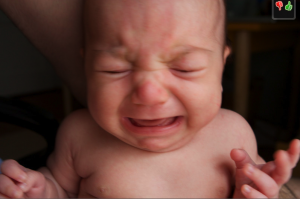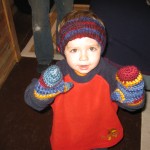I’ve been trying to impress upon my college students that details make all the difference. It’s the finest details that I couldn’t see that day: the tears on my 7-year-old son’s face. I had forgotten to wear my glasses. I have pretty good vision, but the lines blur at distances. I could see his brown sweatpants among all the black running in circles on the soccer field, but I couldn’t see his face. My husband and I had signed him up for indoor soccer at his request. He tells us he likes it and wants to keep playing even though he spends very little time actually playing. He starts out engaged; however, by the last quarter, he spins, crawls, dances around the field and occasionally accidentally kicks the ball. I’m not sure how much he’s getting out of it, but as long as he continues to enjoy it, we’ll support him playing.
Last week, he rotated out of the game as usual. The children who were waiting their turn to play stood behind a white wall masking all but the tallest players. A few minutes later, the door swung open and my little guy stepped back onto the field and walked slowly to his position. He didn’t move. All I could see was him standing there wiping his arm across the middle of his face. I couldn’t see his face, just his arm pushing on where I knew his glasses were. The entire field of players ran past him, but he just kept standing there. They swept past him again, he stood still, forearm across his nose. I looked at my husband, “What’s he doing?” He replied, “I don’t know, but I’m going down.” Parents aren’t usually allowed down in the player area, so I watched my husband from the stands on the second level above the field. I strained to see my son’s face. My husband talked with the coach then called my son back to the sidelines. A new player was released.
Continue reading “The Advocate”





